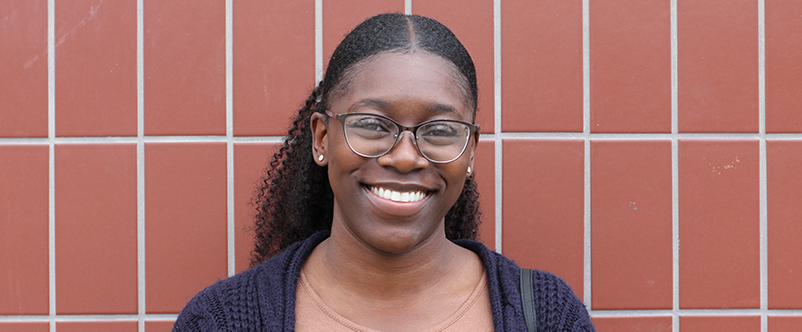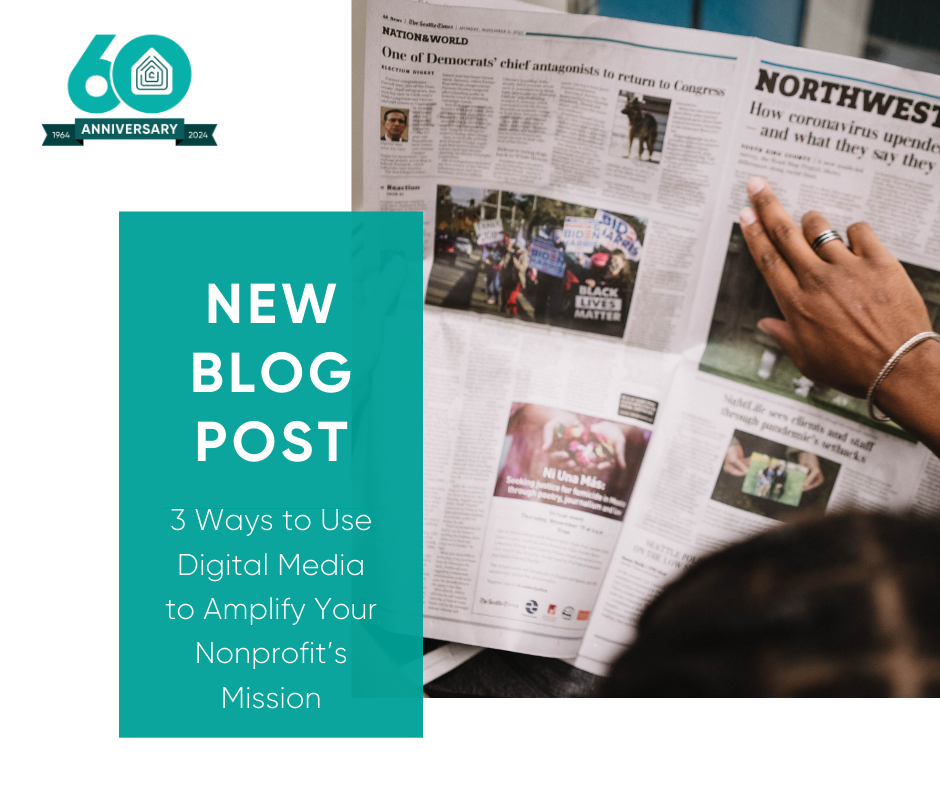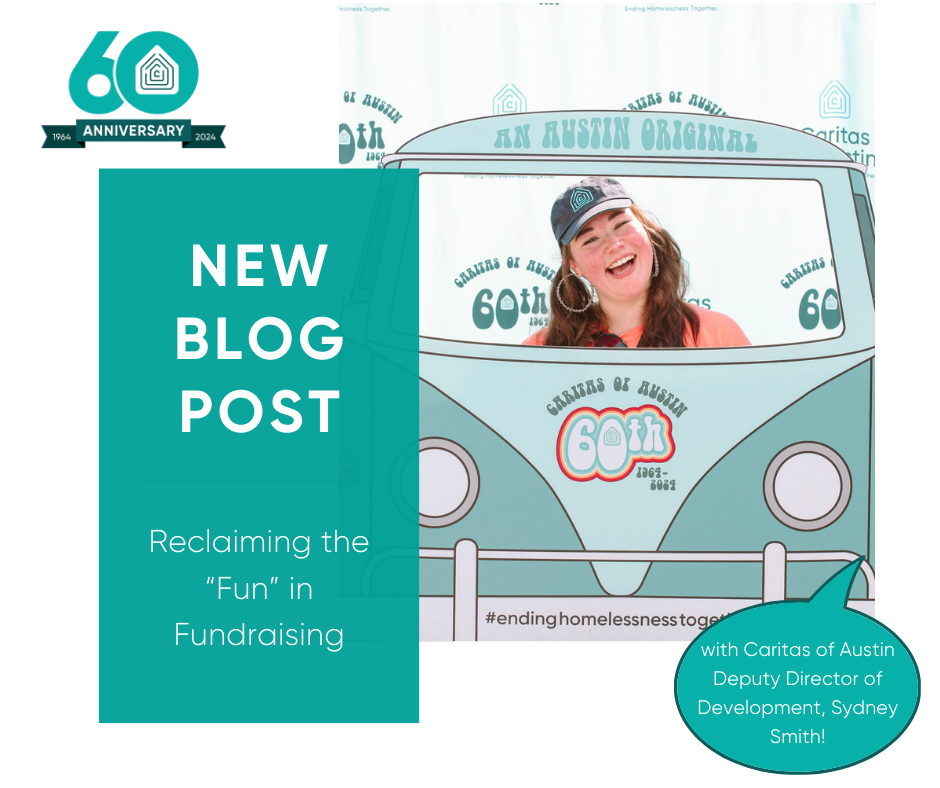For the people we serve at Caritas of Austin, housing is the necessary foundation for building well-being—but it’s just one piece of the work we do. Erika Moore-Price is a dedicated case manager in the Permanent Supportive Housing program, and she took time to share with us an inside look at the personalized way she partners with people who are leaving homelessness behind.
How did you get started in case management at Caritas of Austin?
I got my Bachelor’s in Criminal Justice, and had done some work in Child Protective Services and some re-entry work. When I moved to Austin I was looking for a new experience, and the Permanent Supportive Housing Program really interested me.
What are your days typically like?
I often have client meetings scheduled, so I’ll meet with a client to discuss their goals, look at progress they’ve made, and check on any appointments they need help setting up. They may have a doctor appointment, so we’ll organize transportation. If they have an assessment due, we’ll do that. If I have a new referral, that will be much different.
What happens when there is a new referral?
A new referral, from start to finish, it never looks the same. For example, right now one new client is still on the streets, and I’m still building a rapport with her. Another person is living in his car right now, and I’m educating him on what Caritas does. We’re talking about where in town he’d like to live and working to find housing based on that preference.
Once the client applies and is approved for a unit, they are given a move-in date and can sign their lease. I take them to purchase furnishings, cleaning supplies, etc. to get them started, utilities are turned on and they are welcomed into their new home. The whole PSH team usually signs a card to welcome them as their first piece of mail.
What are some of the biggest challenges in your job?
I find it most challenging when working with a client who is immersed in their substance abuse. In that case, it’s about remaining consistent with meetings and continuing to work with them on their goals. It’s literally meeting them where they are and checking in. The progress may be really slow, and there’s not a quick fix.
What are the things that bring you the most joy?
I have one client who is really enjoying the new Education pilot program at Caritas. He’s always really excited to share with me what he’s learning, and so far it’s been really good. The classes cover finance, prioritizing, setting goals and boundaries, and how to manage money. Education staff curates a plan for each individual based on what they need.
Another example is a Valentine’s Day party the clients recently had. It was great to be in the room and experience people’s joy at winning BINGO prizes, and just seeing them enjoy the time talking and enjoying a meal together.
Is there anything else you would like to share about your work?
A lot of our clients in Permanent Supportive Housing are older and have been through a lot in their lives. But they still have goals in life and want to be treated like anyone else is treated. Sometimes it’s small things – like setting an appointment and going to the doctor when they haven’t been in a long time – that are the biggest steps.



